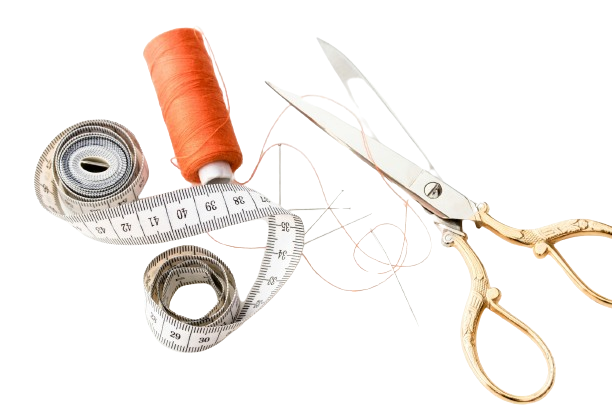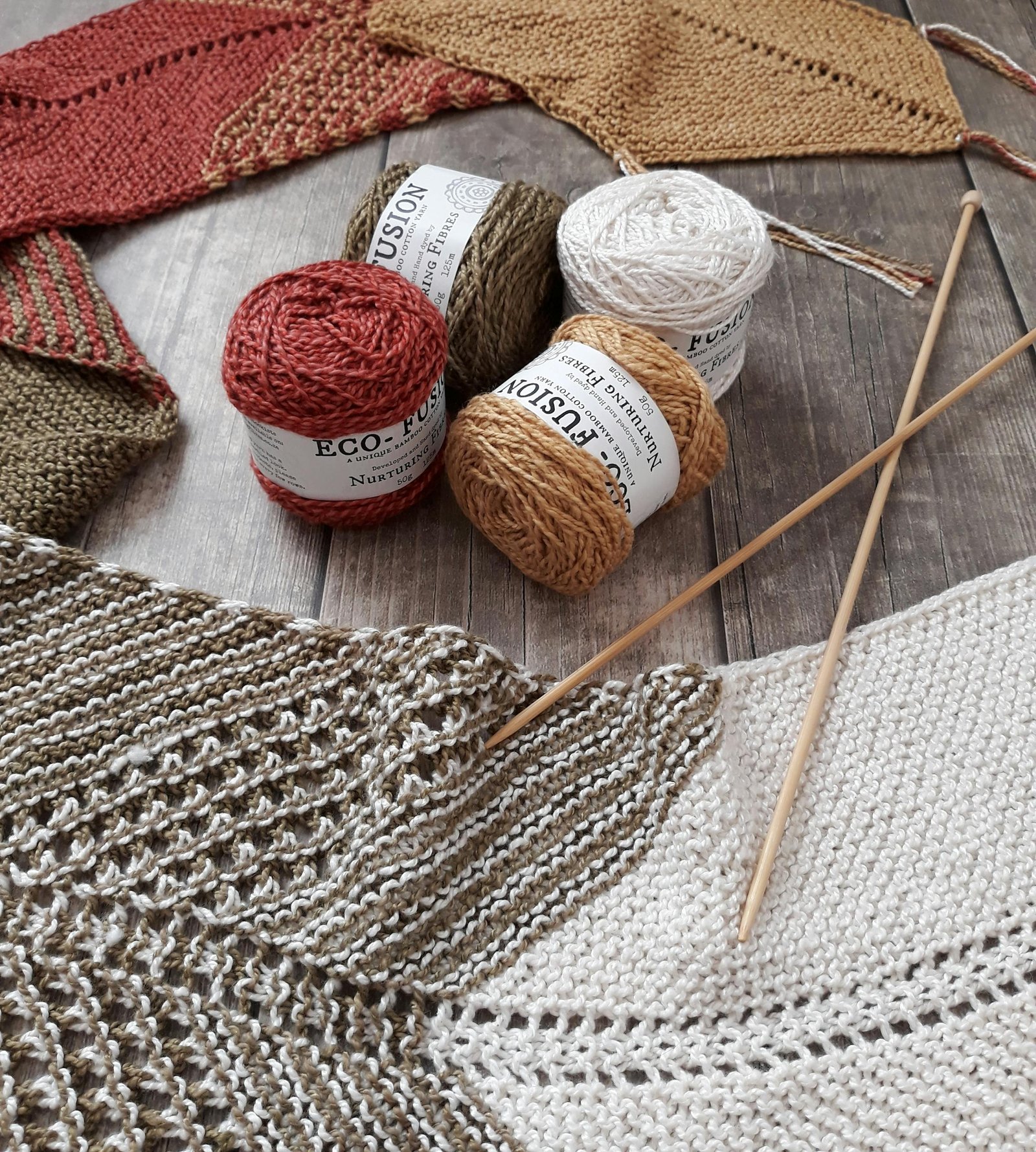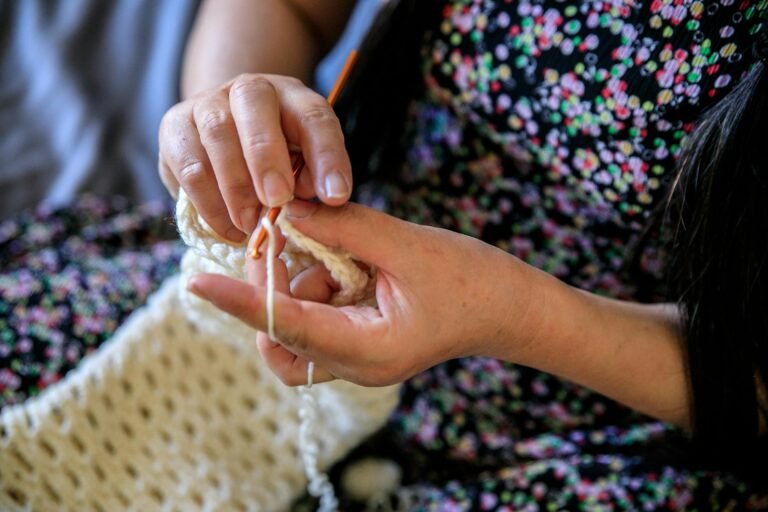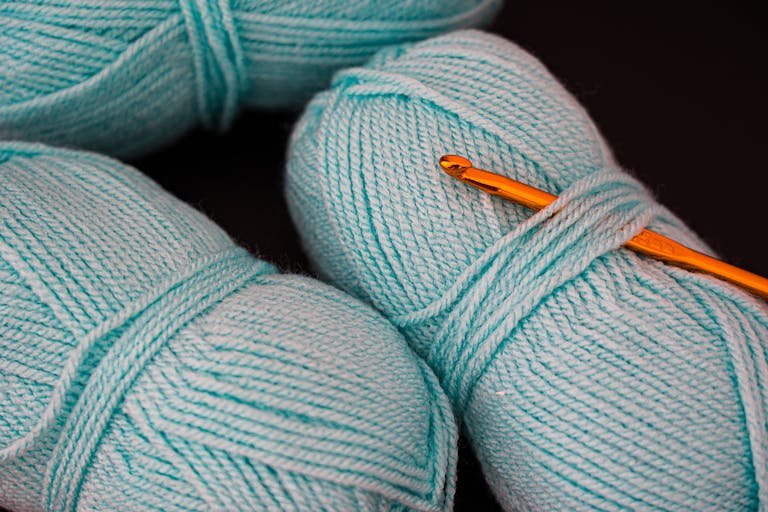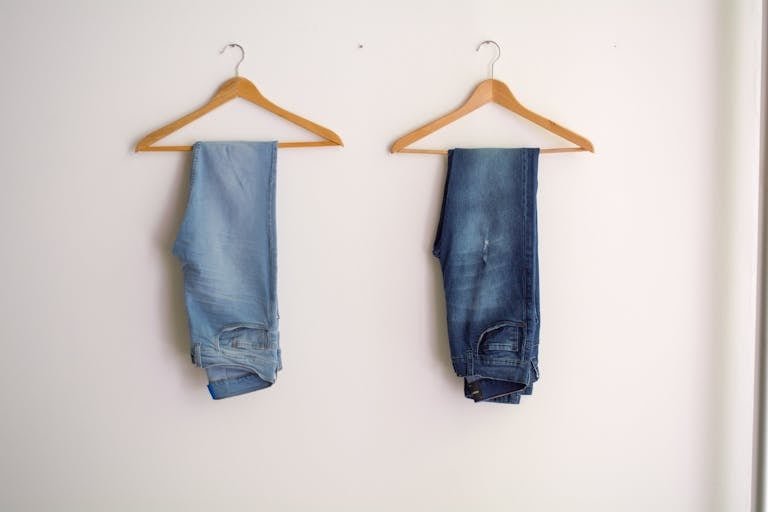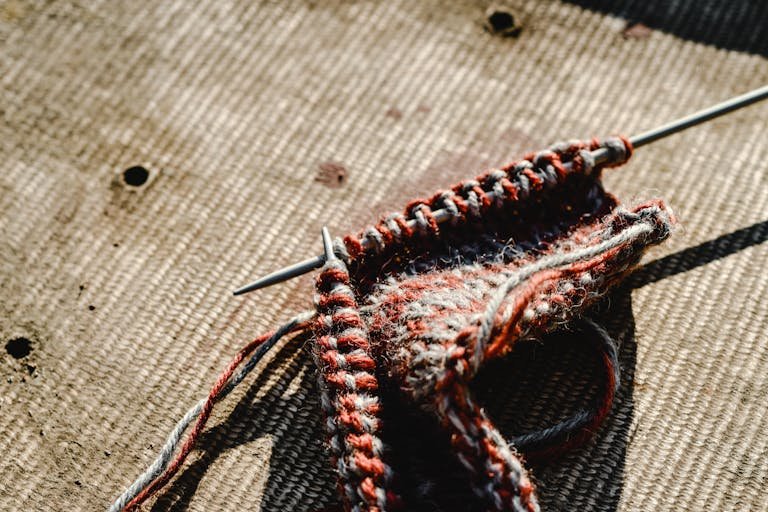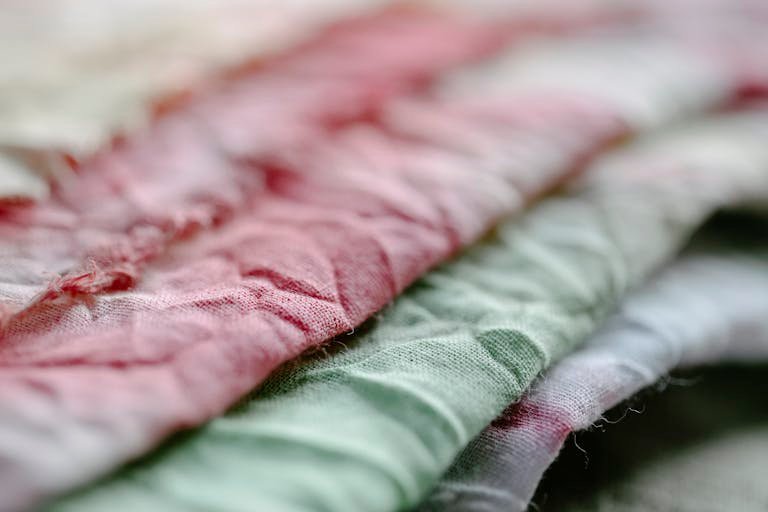Is Learning To Crochet Hard? A Beginner’s Guide
Learning a new skill always comes with challenges, and crochet is no exception. However, when I dive into the world of crochet, I often hear the same question from beginners: Is learning to crochet hard? The answer is simple: No, learning to crochet isn’t particularly difficult. With patience, practice, and a bit of guidance, anyone can master the basics and create beautiful projects.
In this blog, I’ll take you through Is Learning To Crochet Hard? and some common challenges you might encounter, and tips to help you overcome them.
The Learning Curve of Crochet
Initial Challenges
When you first start learning to crochet, there are a few challenges that might come your way. This is completely normal, and everyone goes through it. Learning to hold the hook and yarn properly can feel awkward at first. The terminology might seem confusing, and mastering the basic stitches—such as the chain, single crochet, and half double crochet—can take some practice. Here’s what you might expect in your early days of learning:
- Holding the Yarn and Hook: One of the trickiest parts when you begin crocheting is learning how to hold your hook and yarn comfortably. You may find your hands cramping or the yarn slipping out of place. With time, though, it becomes second nature.
- Understanding Crochet Terminology: Terms like “chain,” “slip stitch,” and “double crochet” may feel overwhelming. However, once you become familiar with them, you’ll realize that crochet patterns follow a fairly predictable structure.
- Mastering Basic Stitches: The first few stitches might not look perfect, but don’t worry! This is completely normal. With every attempt, you’ll get a little better, and before you know it, you’ll have the hang of it.
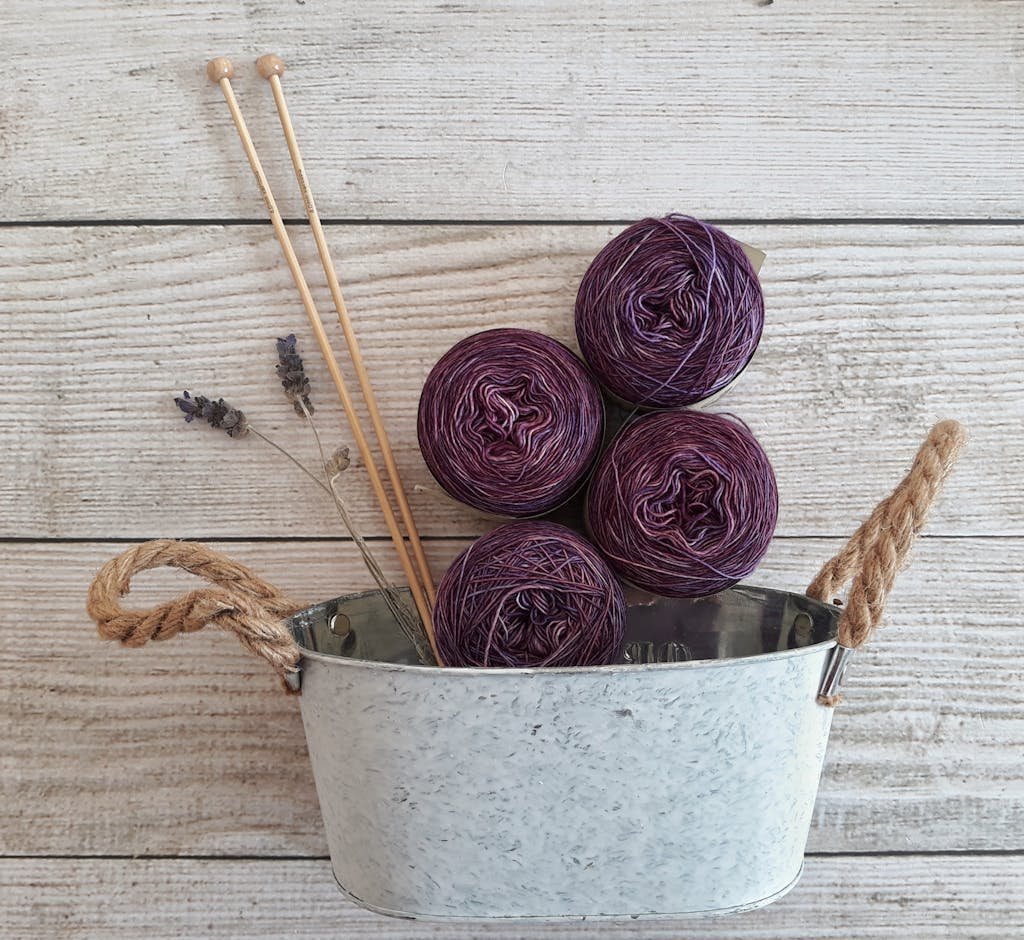
Factors Affecting Crochet Difficulty
While crochet is generally easy to learn, several factors can affect how challenging it feels. Let’s take a look at a few of these:
Yarn and Hook Choice
Your choice of yarn and hook can significantly impact your crocheting experience, especially as a beginner.
- Thicker Yarn and Larger Hooks: For beginners, thicker yarns and larger hooks are usually easier to work with. They allow you to see your stitches more clearly and make it easier to manipulate the yarn. This reduces frustration and helps you get a better grasp on your technique.
- Thin Yarn and Small Hooks: Conversely, thinner yarns and smaller hooks can be more challenging to manage when you’re just starting out. The stitches are smaller and harder to see, which can make it difficult to identify where to place your hook.
Project Complexity
The complexity of your first project can also impact how hard crocheting feels. Starting with overly complicated patterns can lead to frustration, so it’s better to start simple.
- Simple Projects: Scarves, washcloths, or simple blankets are excellent beginner projects. These are often made with basic stitches that repeat over and over, allowing you to focus on building your technique without worrying too much about pattern complexity.
- Complex Projects: More advanced projects, such as intricate shawls or amigurumi (crocheted stuffed animals), involve more advanced techniques and stitch combinations. These are better tackled once you’re more comfortable with the basics.
Learning Style
Everyone learns differently, and the way you approach learning to crochet can have a big impact on your success.
- Visual Learners: If you learn best by seeing something done, watching crochet tutorials on YouTube or using step-by-step picture guides can be extremely helpful. Visual learners often benefit from seeing how the yarn is held, how the hook moves, and how the stitches are formed.
- Hands-on Learners: If you prefer to learn by doing, you might find that in-person crochet classes or workshops work best for you. Having a teacher or experienced crocheter nearby to guide your hands and correct mistakes can speed up the learning process.
- Reading and Written Instructions: If you’re comfortable with reading patterns, there are countless written crochet tutorials, guides, and books that provide instructions. Some people find that written instructions make it easier to go at their own pace and revisit steps if necessary.
Tips for Crochet Beginners
Start Slow and Be Patient
When you first start crocheting, don’t rush. Focus on learning each stitch properly rather than trying to speed through a project. It’s tempting to want to finish quickly, but slow and steady practice will lead to better results. Take your time, and don’t be hard on yourself if it doesn’t come naturally right away.
Practice Regularly
As with any new skill, practice is key to improving. The more you practice, the faster you’ll become comfortable with the stitches. Try setting aside a few minutes every day to crochet, even if it’s just to make a few rows. Consistency is more important than long, infrequent sessions.
Join a Crochet Community
Crocheting can feel a little isolating at times, especially if you’re just learning on your own. Joining a crochet community, whether online or in person, can make a huge difference. You’ll have access to other crocheters who can provide advice, share patterns, and give you support when you encounter challenges.
- Online Communities: Platforms like Ravelry, Facebook groups, and Reddit have crochet communities where you can ask questions, share your progress, and get inspiration.
- Local Groups: Check if your local craft store or community center offers crochet meet-ups or classes. Being around others who share your interest can be motivating and fun.
Benefits of Learning Crochet
Crocheting offers a range of benefits beyond just making beautiful handmade items.
Creative Outlet
Crochet is a fantastic creative outlet. You can create everything from cozy blankets and sweaters to intricate doilies and amigurumi. As you become more skilled, you’ll find that crochet allows you to bring your ideas to life in a tangible way.
Stress Relief
The repetitive motion of crocheting can be incredibly calming and meditative, making it an excellent stress reliever. Many people use crochet as a way to unwind and relax after a long day.
A Sense of Accomplishment
There’s nothing quite like the feeling of finishing a project and seeing the fruits of your labor. Even as a beginner, completing your first crochet project can give you a great sense of achievement.
Read Also: Master the Crochet SP: Your Guide to Perfect Stitches
Final Words
So, is learning to crochet hard? The answer is no—it’s not as hard as it may seem at first. While there is a learning curve, with patience, practice, and the right mindset, you’ll find that crocheting becomes easier and more enjoyable over time. By starting with simple projects, choosing the right materials, and taking advantage of learning resources, you’ll be well on your way to becoming a confident crocheter.
